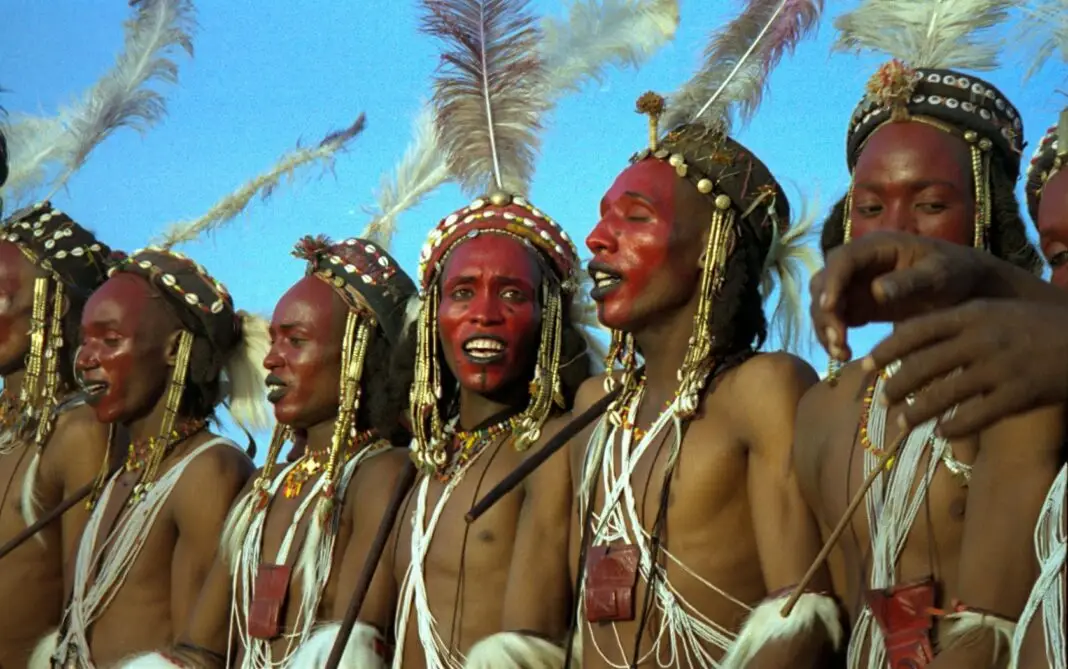Africa is a continent that is rich in history, culture, and diversity before the arrival of European colonizers in the 15th century, many regions in Africa had already developed highly advanced societies with complex systems of government and extensive trade networks pre-colonial and after.

These pre-colonial societies laid the foundation for the high kingdoms that would later emerge in various parts of the continent.
One of the most notable aspects of pre-colonial Africa was the variety of political systems that existed.
Some societies were organized into chiefdoms, where power was centralized in the hands of a chief or king.
These leaders often ruled with the advice of a council of elders or a court of nobles, and decisions were made through consensus-building and consultation with the community. Other societies, such as the Igbo of Nigeria, had a more decentralized system of government, where power was dispersed among various clans and lineages. In addition to their political structures, pre-colonial African societies were also known for their advanced economic systems. Many societies engaged in long-distance trade with other regions, exchanging goods such as gold, ivory, and salt.
The trans-Saharan trade routes, for example, connected West Africa with the Arab world and Europe, while the Indian Ocean trade routes linked East Africa with Asia.
This trade network not only facilitated the exchange of goods but also spread ideas, technology, and culture throughout the continent. As these pre-colonial societies grew and expanded, they gave rise to powerful kingdoms and empires. One of the most renowned high kingdoms in Africa was the Mali Empire, which flourished in West Africa from the 13th to the 16th century. Under the leadership of Mansa Musa, Mali became one of the wealthiest empires in the world, known for its gold production and thriving trade networks.
Similarly, in East Africa, the Swahili city-states emerged as centers of trade and culture along the coast. These city-states, such as Kilwa, Mombasa, and Zanzibar, were known for their cosmopolitan populations, skilled artisans, and impressive architectural monuments. The Swahili language, a blend of Bantu and Arabic, became a lingua franca in the region, facilitating communication and commerce.
the pre-colonial and high kingdoms in Africa were a testament to the ingenuity, resilience, and sophistication of the continent’s indigenous societies. Despite the challenges they faced from external invasions and internal conflicts, these societies were able to thrive and build thriving civilizations that continue to inspire and educate us today. By studying and acknowledging the achievements of pre-colonial Africa, we can gain a deeper appreciation for the continent’s rich and complex history.
Traditional trade before colonial
This trade played a crucial role in the development of high kingdoms, as it enabled the accumulation of wealth and the establishment of powerful states. Some of the most notable high kingdoms in pre-colonial Africa include the Kingdom of Ghana, the Kingdom of Mali, and the Kingdom of Songhai. These kingdoms were known for their strong centralized authority, advanced military tactics, and architectural achievements.
They also played a significant role in the trans-Saharan trade, which brought wealth and prestige to the region. Despite their power and influence, the high kingdoms of Africa were not immune to internal strife and external threats. Invasions by neighboring kingdoms, internal power struggles, and the impact of the transatlantic slave trade all contributed to the eventual decline of these once-mighty states.
However, the legacy of these kingdoms lived on in the traditions, customs, and cultural practices of the African people. In conclusion, the history of pre-colonial Africa and its high kingdoms is a testament to the ingenuity, resilience, and creativity of the continent’s people. Despite facing numerous challenges, African societies were able to build prosperous and advanced civilizations that continue to inspire and captivate us today.
It is essential to study and appreciate this rich history to gain a deeper understanding of the complexities and nuances of the African continent.






